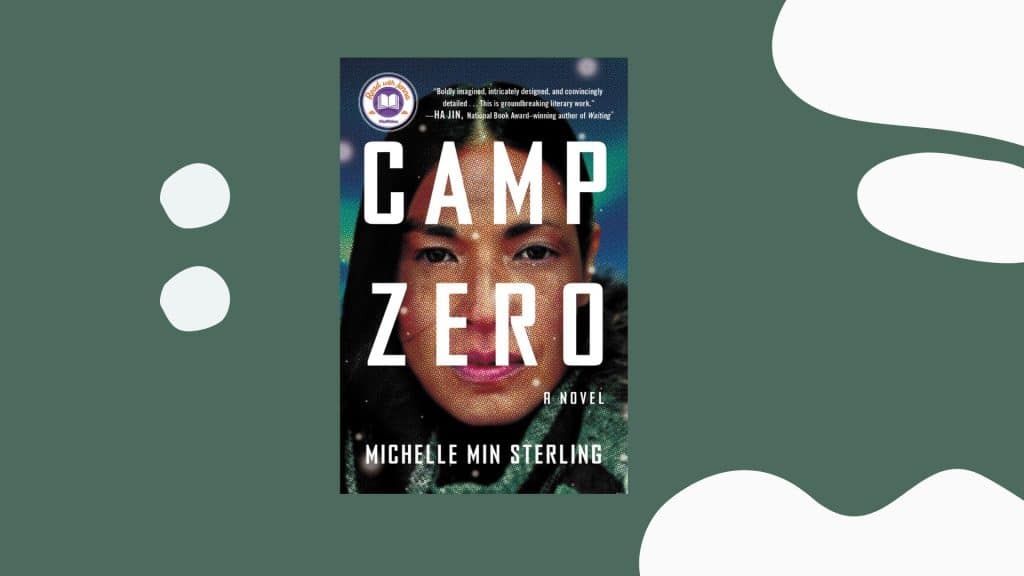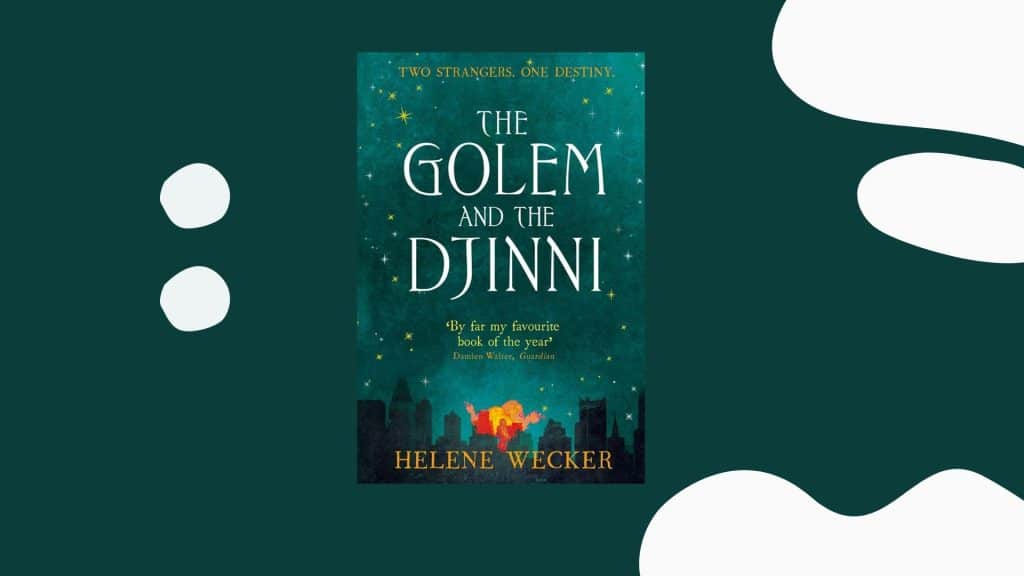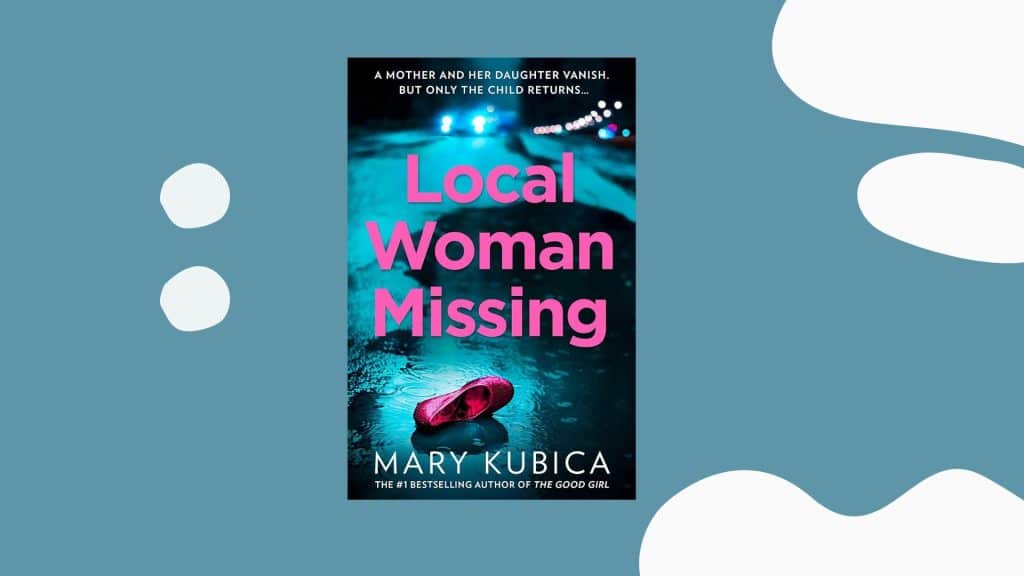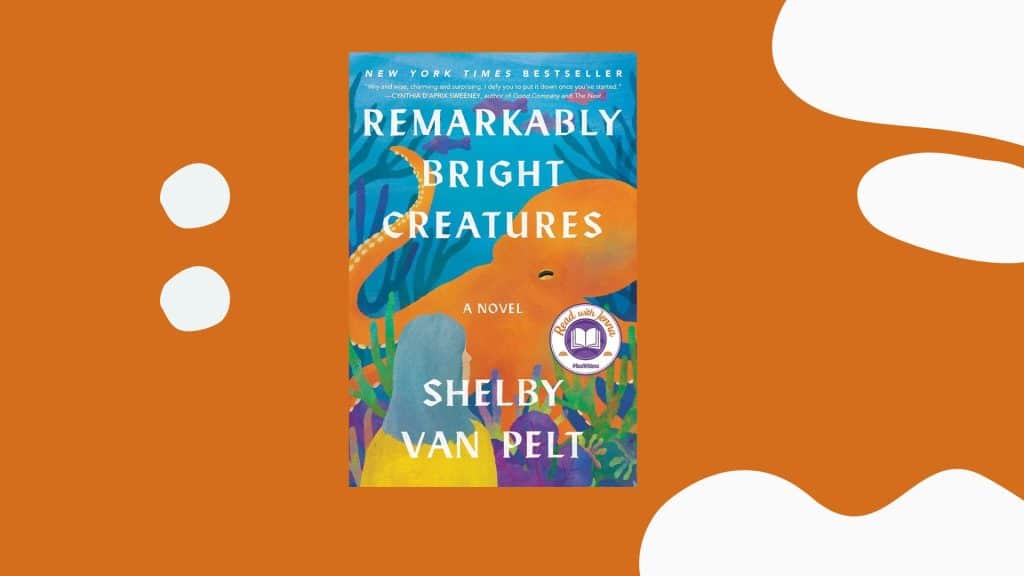“The future was never just one thing. It was built from choices.” – Camp Zero, Michelle Min Sterling
Camp Zero by Michelle Min Sterling is a speculative fiction debut that intertwines climate dystopia, espionage, feminism, and identity into a layered and haunting narrative.
Set in a near-future, climate-ravaged North America, the novel is a study of power, survival, and the unseen forces that shape the lives of women in a world where the environment and morality are collapsing.
Michelle Min Sterling crafts a slow-burning but rich story that blurs the lines between resistance and complicity, agency and coercion. With deeply drawn characters and atmospheric prose, Camp Zero is more than just a climate fiction novel — it’s a mirror to our present, wrapped in a chilling forecast.
Brief Overview
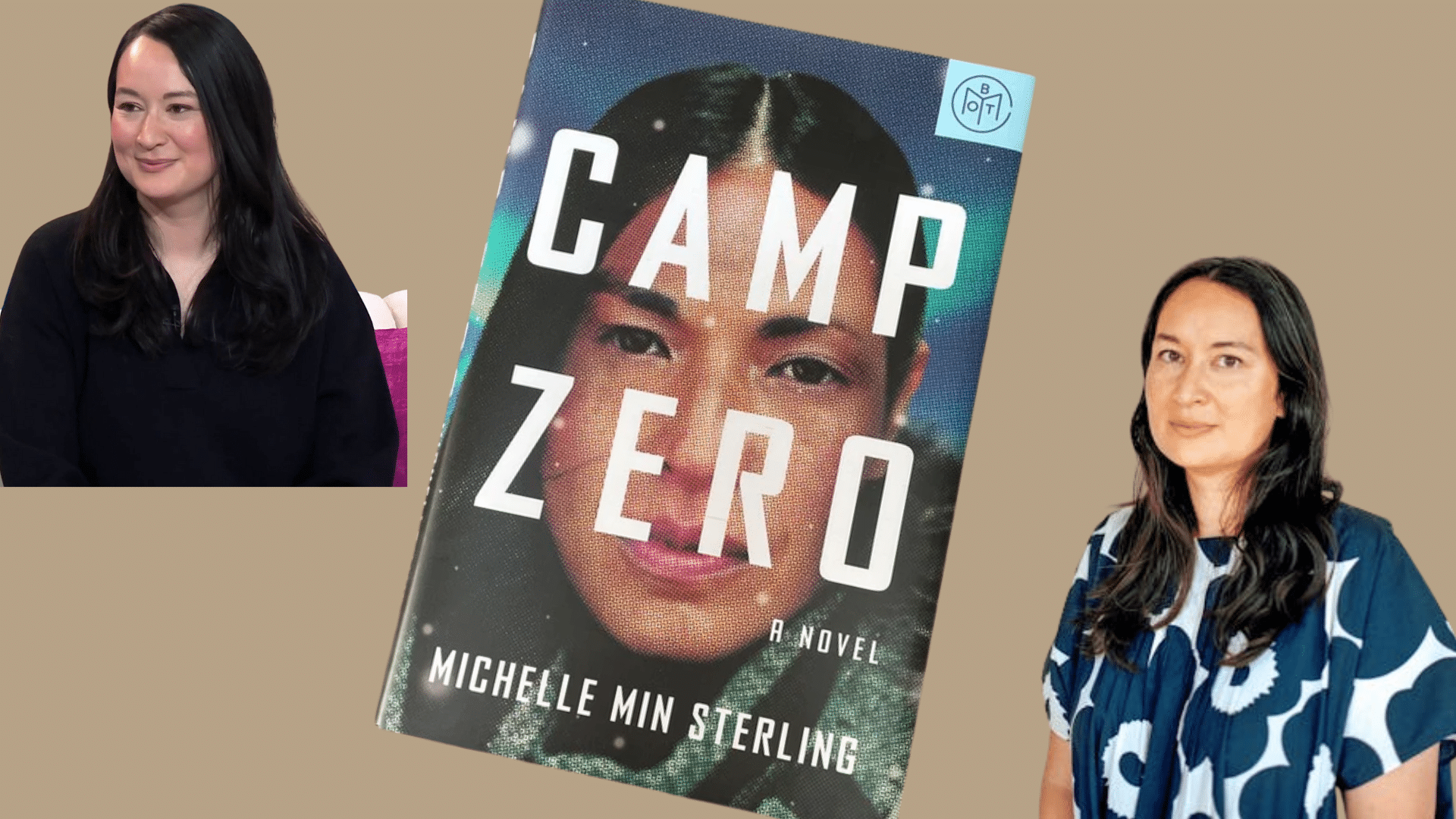
The novel takes place in the frozen north of Canada, where a mysterious settlement called Camp Zero is being built by the wealthy and powerful. It’s marketed as a utopia, a safe zone for the elite as the rest of the world descends into climate disaster. But like all utopias, it comes with secrets.
Told from multiple perspectives — including a woman posing as a companion, a group of female academics stationed in the wilderness, and a man caught in a web of lies — the novel reveals a disturbing reality beneath the polished image of survival and reinvention.
Plot Summary
“Sometimes safety is just another word for control.” – Camp Zero, Michelle Min Sterling
Storyline
In a future where rising temperatures have displaced millions, the wealthy are migrating north, hoping to outpace climate collapse. At Camp Zero, a futuristic settlement funded by an energy mogul, Rose — a young woman sent under false pretenses — is tasked with seducing and spying on one of the camp’s architects. She’s told it’s for a better cause, but the truth is more layered.
Meanwhile, a group of women known only as the “White Alice team” live in isolation at a nearby outpost. They were promised protection and purpose, but what they actually experience is abandonment and surveillance. As their mission unravels, so does their understanding of who’s in charge — and what they’re really part of.
Another key thread follows Grant, a teacher and disillusioned son of a climate refugee, who arrives at Camp Zero to find meaning but becomes entangled in secrets and sabotage. As these perspectives collide, buried histories emerge, and the fragile foundations of Camp Zero begin to crumble.
Characters and Arcs in Camp Zero
Rose: A former college student turned sex worker, Rose is intelligent, resourceful, and constantly navigating the boundaries of power. Her journey is one of awakening — from reluctant participant to someone who seeks control of her own narrative.
Grant: Grant’s story reflects inherited trauma and personal disillusionment. At first passive and uncertain, his arc takes him through moral challenges that force him to choose between safety and truth.
The White Alice Women: These women, mostly scientists, were promised a mission of value. Over time, they realize they are pawns in a much larger, darker scheme. Their collective arc shows the slow erosion of hope, and the small sparks of resistance that remain.
Themes and Plotline in Camp Zero
-
Climate Change: The world of Camp Zero is one where climate devastation is the backdrop. It informs every decision, migration, and structure of power.
-
Feminism and Power: The novel deeply examines how women’s bodies and choices are controlled and commodified and how resistance grows even in constrained environments.
-
Surveillance and Truth: The illusion of safety is constantly undercut by systems of observation and deception.
-
Identity and Reinvention: Characters are constantly remaking themselves — not always by choice — and the novel explores what it means to be true to oneself in a world where survival often means pretending.
What Genre Is Camp Zero?
Camp Zero falls under climate fiction (cli-fi) and speculative literary fiction, with elements of dystopian storytelling. It takes place in a recognizable but transformed future shaped by environmental breakdown and political secrecy.
This is not a thriller in the conventional sense, but tension hums through every page. The prose is lyrical, often poetic, and the world-building is subtle but immersive. Sterling weaves personal drama with sociopolitical critique, offering both intimacy and wide-lens perspective.
What to Expect
- Multiple narrative points of view
- Strong female perspectives
- Subtle, layered plot development
- Thought-provoking social commentary
- A focus on atmosphere over action
Readers should expect a book that asks more questions than it answers — and that demands slow, careful attention. It’s less about explosive twists and more about steady revelations.
Ratings and Reviews
“Reinvention always came at a cost.” – Camp Zero, Michelle Min Sterling
Goodreads Rating
Camp Zero has a Goodreads rating of 3.71 based on over 16,000 ratings. Readers generally praise its atmosphere and ambition, though some find the pacing slow or the resolution intentionally vague.
Goodreads and Amazon Reviews
- “This book is chilling and brilliant. Like The Power meets Station Eleven. Quietly radical.”
- “It’s a slow burn, yes, but when it hits — it HITS. Loved the layers and the quiet rage.”
- “Not for everyone. But if you love eco-fiction and deep feminist themes, this will stay with you.”
- “The setting is the real star here. Cold, haunting, and so detailed. I felt like I was there.”
- “Beautiful writing. A bit slow, but worth it for the ending and what it says about our future.”
- “Takes a while to get going, but the characters are unforgettable. Especially Rose.”
While there are many dystopian or climate-focused novels, Camp Zero distinguishes itself through its quiet power. It’s not about rebellions or epic battles. It’s about the subtler ways power is wielded, how systems fail women, and how even small acts of rebellion can matter.
Sterling’s approach is literary — more Margaret Atwood than Suzanne Collins. Her writing is introspective, with an eye for both beauty and bleakness. And in a genre often dominated by loud despair, Camp Zero speaks in whispers — which can be even more haunting.
Who Should Read Camp Zero?
Camp Zero is intended for adult readers due to its mature themes. It includes sexual content, institutional control, surveillance, and emotional abuse. While not graphic, it deals with heavy ideas around coercion and exploitation.
You may enjoy Camp Zero if you like:
- The Power by Naomi Alderman
- The Water Knife by Paolo Bacigalupi
- Vox by Christina Dalcher
- The Testaments by Margaret Atwood
- The Ministry for the Future by Kim Stanley Robinson
These titles all share thematic overlap — exploring gender, environment, and systems of power in speculative futures.
Book Recommendations if You Liked Camp Zero
1. Banyan Moon by Thao Thai
2. Lone Women by Victor LaValle
3. Ink Blood SisterScribe by Emma Torz
4. The Celebrants by Steven Rowley
Conclusion
Michelle Min Sterling’s Camp Zero is a haunting, intelligent, and emotionally layered novel that doesn’t scream its message — it lets you sit with it. Through the frostbitten landscape of Canada’s north, it tells a story of reinvention, surveillance, and quiet resistance.
It’s a book for readers who crave meaning over momentum, character over chaos, and vision over volume. If you’ve ever wondered how small stories fit into the big collapse, Camp Zero has an answer: through truth, choice, and memory.
For a debut, it’s remarkably confident. For a dystopia, it’s frighteningly real. And for today’s readers, it’s undeniably relevant.


